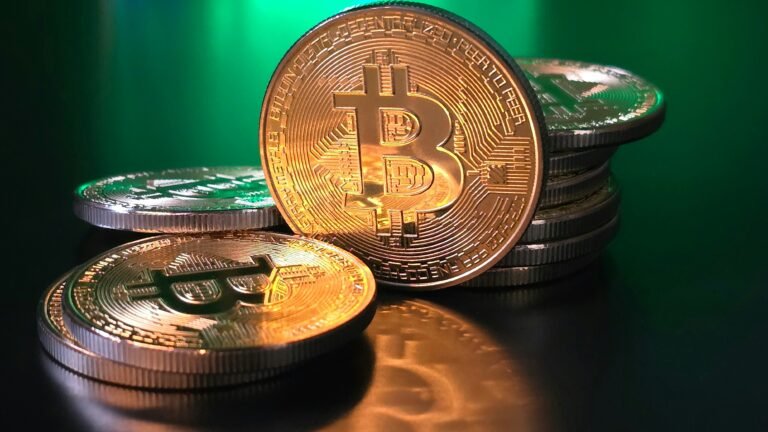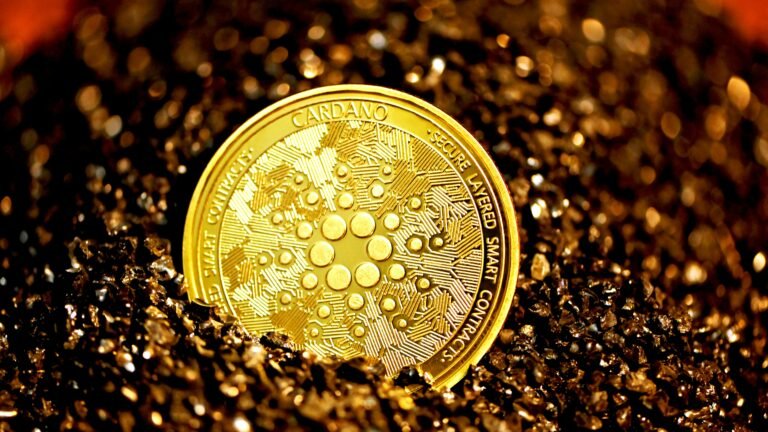Governments Contemplate Bitcoin Stockpiles Amid Historic Price Surge
As Bitcoin edges closer to the $100,000 mark, countries around the globe are exploring the potential of establishing national reserves of the leading cryptocurrency. This bold move comes amid a historic market run-up, reflecting growing confidence in Bitcoin’s value and potential as a strategic asset.
United States: A Strategic Reserve in the Making
In the United States, President-elect Donald Trump and his supporters are pushing for a bill to incorporate Bitcoin into the Federal Reserve’s assets. Senator Cynthia Lummis of Wyoming has been a vocal advocate, proposing the “Bitcoin Act” that would see the U.S. acquire up to 200,000 Bitcoin annually over five years. This initiative aims to create a decentralized network of secure Bitcoin vaults managed by the U.S. Department of Treasury. Trump has also voiced strong support for this strategy, highlighting the potential benefits during his campaign and promising to maintain the government’s Bitcoin holdings.
Brazil: Legislative Moves Toward a Bitcoin Reserve
Brazil is also making strides towards a national Bitcoin reserve. A proposed bill, the Sovereign Strategic Reserve of Bitcoins (RESBit), aims to allocate 5% of Brazil’s international reserves to Bitcoin. This move is designed to diversify the country’s assets and enhance economic resilience by reducing exposure to exchange rate fluctuations and geopolitical risks. Federal Deputy Eros Biondini, who introduced the bill, believes that integrating Bitcoin into Brazil’s Treasury could provide significant financial stability and support the country’s central bank digital currency, Drex.
El Salvador: Pioneering Bitcoin Integration
El Salvador has been a frontrunner in Bitcoin adoption, making it legal tender in 2021 and steadily increasing its Bitcoin reserves. President Nayib Bukele’s strategy faced initial criticism, but with Bitcoin’s value surge, El Salvador’s Bitcoin stash has generated substantial unrealized profits, validating Bukele’s vision. The success story of El Salvador might inspire other nations to consider similar approaches.
Poland: Political Advocacy for Bitcoin Reserves
In Poland, presidential candidate Sławomir Mentzen is advocating for a strategic Bitcoin reserve. Mentzen promises to transform Poland into a cryptocurrency-friendly nation with supportive regulations, low taxes, and cooperative banks. While it remains uncertain whether this initiative will gain widespread political support, Mentzen’s campaign highlights the increasing political interest in cryptocurrency as a national asset.
Russia: Legislative Shifts Towards Crypto
Russia’s stance on cryptocurrency has evolved, with recent legislative changes allowing crypto mining and international payments using digital assets. Some Russian legislators are now suggesting the creation of a crypto reserve within the state Treasury. Despite some opposition, these moves indicate a growing recognition of cryptocurrency’s potential role in national economic strategy. Deputy Minister of Foreign Affairs Alexander Pankin’s earlier statements about diversifying reserves with digital assets further underscore this shift.
Global Interest in Bitcoin Reserves
While it remains to be seen which countries will ultimately establish national Bitcoin reserves, the interest is unmistakable. Governments worldwide are considering Bitcoin not just as a speculative asset but as a strategic reserve, reflecting its growing acceptance and potential to revolutionize national financial systems. As Bitcoin continues its upward trajectory, the conversations around national reserves are likely to intensify, paving the way for a new era of financial strategy and digital asset integration.
4o



